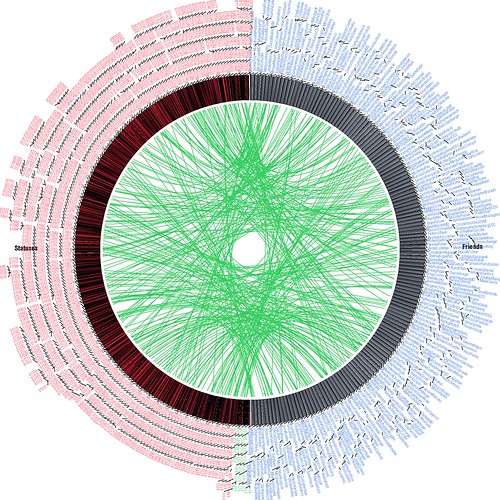What makes you unique?
.I’m happy to announce the results of a little side project I’ve been working on for a few months now.
I review the analytics of this site daily and by cross-indexing that data with the findings of over 100 different behavior studies I’ve been able to put together a personality profile of what the average reader of this blog is like and what makes you guys unique.
This should be approximately 85.2% accurate. Please give it a read and think about whether it describes you accurately:
You have a great need for other people to like and admire you. You have a tendency to be critical of yourself. You have a great deal of unused capacity which you have not turned to your advantage. While you have some personality weaknesses, you are generally able to compensate for them. Your sexual adjustment has presented problems for you. Disciplined and self-controlled outside, you tend to be worrisome and insecure inside. At times you have serious doubts as to whether you have made the right decision or done the right thing. You prefer a certain amount of change and variety and become dissatisfied when hemmed in by restrictions and limitations. You pride yourself as an independent thinker and do not accept others’ statements without satisfactory proof. You have found it unwise to be too frank in revealing yourself to others. At times you are extroverted, affable, sociable, while at other times you are introverted, wary, reserved. Some of your aspirations tend to be pretty unrealistic. Security is one of your major goals in life.
Take a second to think about it.
Does this seem pretty accurate?
It should.
It really should.
It really should because my story about this being the result of analytics and cross-indexing is total crap and the description above is true of almost everyone.
This is why people believe astrology. This is why people believe fortune cookies.
It’s an example of the Forer effect:
The Forer effect… is the observation that individuals will give high accuracy ratings to descriptions of their personality that supposedly are tailored specifically for them, but are in fact vague and general enough to apply to a wide range of people. This effect can provide a partial explanation for the widespread acceptance of some beliefs and practices, such as astrology, fortune telling, graphology, and some types of personality tests.
It doesn’t take much to fool us if we want to believe.
Join 25K+ readers. Get a free weekly update via email here.
Related posts:
What does the music you like say about your personality?
In what ways does dealing with adversity change your personality?
How accurate do palm readers and psychics’ predictions need to be to fool us?





